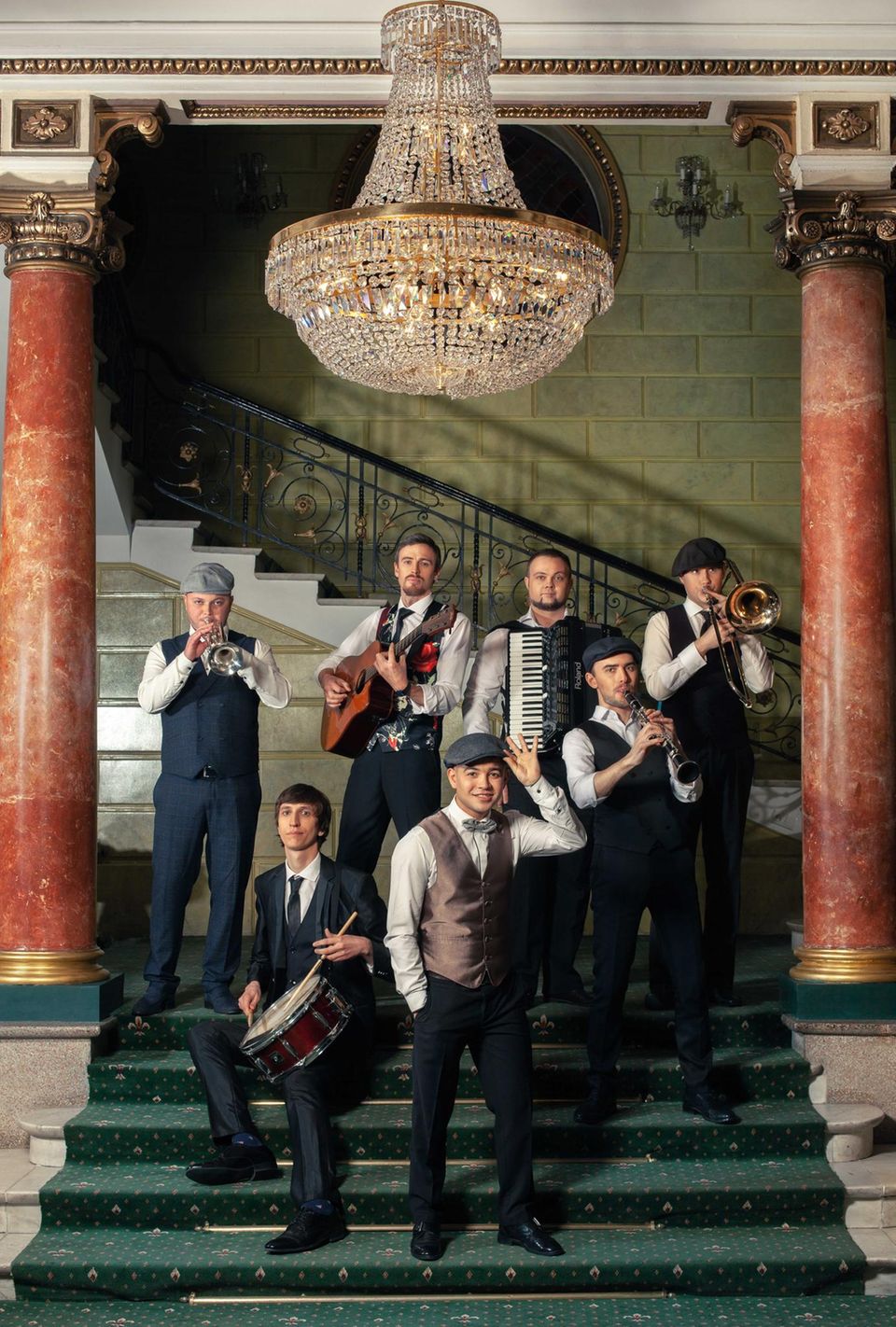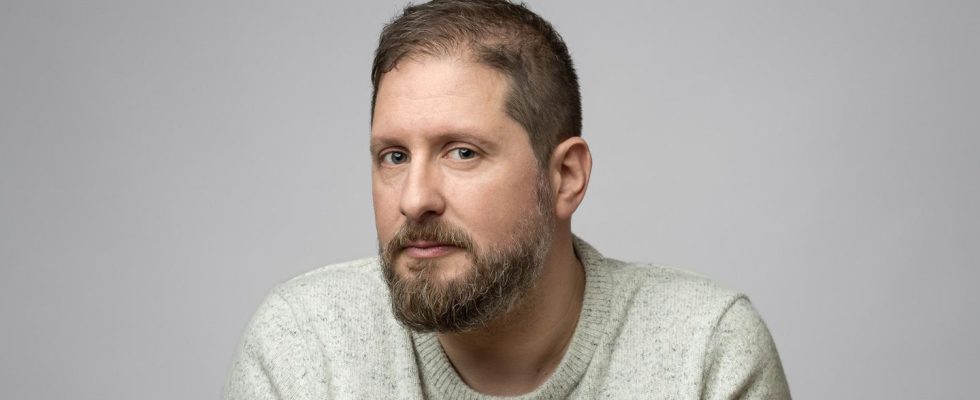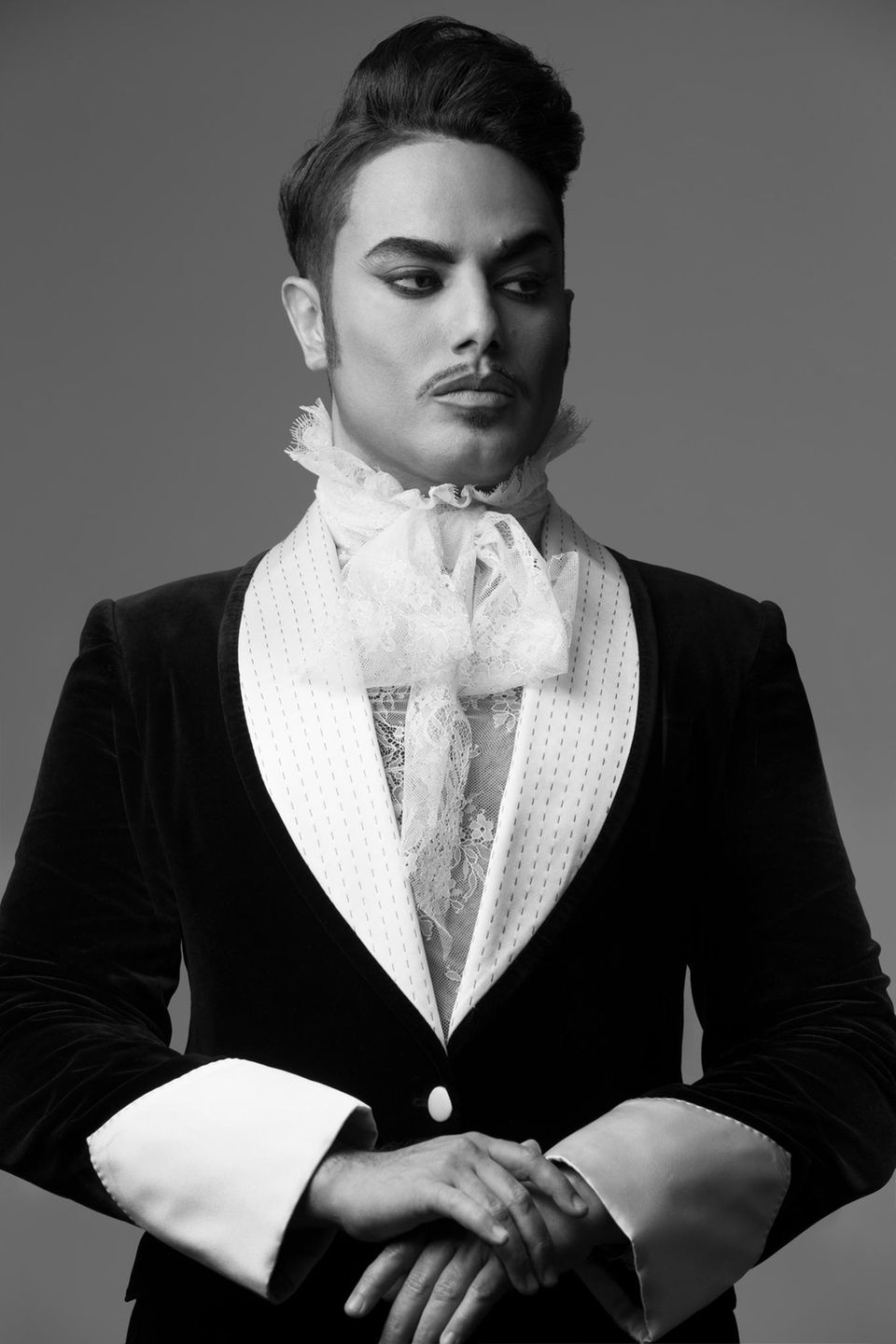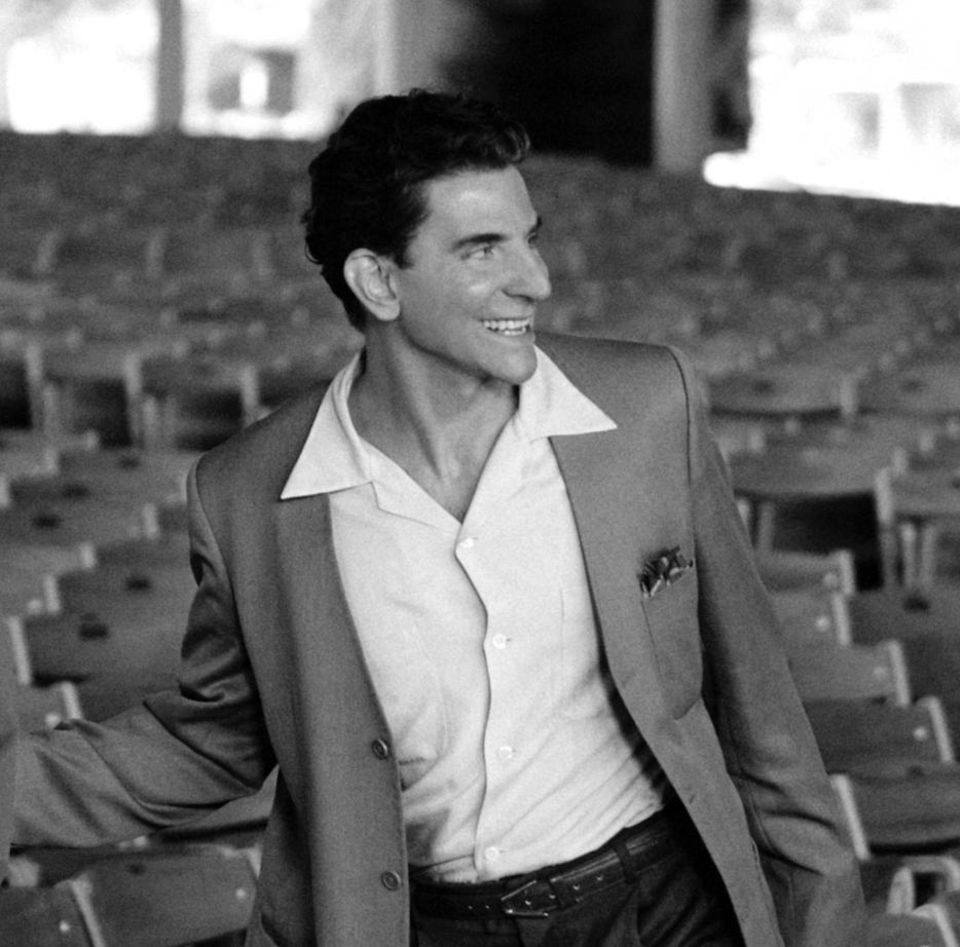The Jewish Culture Days Berlin start next week. Director Avi Toubiana on Jewish mothers, art as an outlet and the advantages of cultural appropriation.
Mr. Toubiana, your professional career is impressive: you trained as a car mechanic, were a caterer, comedian, worked for the President of the Jewish World Congress. What experience do you like the most in your job as a festival director?
Avi Toubina: At my mother’s request, I became a master mechanic. In fact, it is enormously helpful because you learn work processes there. You can’t drain oil and add new oil at the same time. Everything needs structure, priorities. Otherwise you let the car drive up and down ten times, which of course I did back then, until my master at the time stopped me. But the time as an artist was also important, because you know how to deal with people.
How important are the culture days as a presentation area for Jewish culture in Germany?
It was a big challenge. When it comes to Jewish culture, many people think only of klezmer music. I wanted to get away from that, I want to show diversity, and I focused on comedy in the first year. It is very difficult to find Jewish comedians from Germany – for well-known reasons.

Intendant Toubiana wants to get away from the klezmer cliché – with the group Kommuna Lux he is opting for a contemporary version.
This is reminiscent of the famous phrase of the late Hollywood actor Robin Williams…
What was it?
He was asked on a talk show why German humor had such a bad reputation. He then said: That could be because the Germans murdered all the funny people?
well There could be something to it.
Many of the currently biggest German stars of different genres are Jewish: Daniel Donskoy, Igor Levit, Daniel Barenboim, Daniel Levy, Kirill Petrenko, Oliver Polak, just to name a few…
Something has happened, but of course we are still relatively few. We rely heavily on international artists, which also has something to do with the fact that we only show premieres. Every program you will see is an in-house production.
Until 1933 Berlin was an international fashion city, and at that time Jewish”
In addition to music, film and dance, they also present Israeli street food and, for the first time, fashion shows by Jewish designers. Is there a specific Jewish fashion tradition?
What a question? My premise was to depict as broad a spectrum as possible, a kaleidoscope. Therefore also Jewish cuisine, where the many cultural influences are best reflected. My grandfather came from Silesia and left Germany in 1938 one day before the Kristallnacht, he fled to Eretz Israel. The Orient he encountered back then was a shock. He met Tunisian and Moroccan Jews who had brought their cultural influences with them. Shtreimel, the traditional headgear of religious Jews, of course did not exist when the Romans expelled the Jews almost 2000 years ago, these in turn came from Poland and are only handed down to the Jews today. Until 1933, Berlin was an international fashion city, no less important than Milan or Paris, and at that time Jewish. We’re going to connect to that now.
So you describe Jewish culture as a kind of black box of international influences?
Jews have this great tradition of international trade that works to this day. For centuries we have been cultivating what seems normal for the whole world today, namely being internationally networked. The one who travels has more vision. The hard stroke of fate of expulsion has inspired our culture in every respect.
How do you assess the fact that cultural appropriation is now considered a negative term?
Cultural appropriation, blending, adaptation – that’s a great thing. The fashion designer Doron Ashkenazi studied in Florence, lives in Tel Aviv, his ancestors are Russian and Turkish, he gets his fabrics from Turkey. I believe that the main thing is to treat the cultural assets of others with respect.
How big would you describe the influence of religion on Jewish culture?
On an important point: Judaism teaches to question everything, even God. This chutzpah shapes the character. This special perspective characterizes everything Jewish, even among non-religious people. I asked Ukrainian fashion artist Lubov Malikova, who is not religious, about it. She told me she is half Ukrainian, half Cossack, but the tradition she grew up in makes her different. Namely through this special perspective. And we have something else that makes us different?
Namely?
The Jewish mothers. That’s why there are so many Jewish comedians, we have to go on stage because we can’t afford as many therapy sessions as we need. I have a joke: three Jewish mothers are talking. Says the first, my son is the best, he brings me flowers once a week. The second says mine is better, he calls me once a week for 20 minutes. Says the third, that’s nothing, mine talks about me with his therapist eight hours a day.
With a work by Arnold Schönberg you are also focusing on classical music. How would you describe the Jewish aspect of classical music?
There are a particularly large number of Jewish violinists, and I think that has something to do with the fact that the many catastrophes we had to endure have found a particularly suitable outlet in the violin. The same goes for comedy.
There is a lot of debate these days about whether non-Jewish actors like Helen Mirren or Bradley Cooper should portray Jewish personalities. How do you see it?
I don’t see that. Of course, Ms. Mirren can be the Prime Minister of Israel Golda Meir play, and Mr. Cooper the great conductor and composer Leonard Amber. It has to be good actors, that’s essential. I also see the excitement about the glued-on nose as less tragic. I would take that with humor. It is precisely these prejudices and clichés that we in Jewish circles approach with humor and endure with self-mockery.
Do you have an example?
What happens to a Jew who runs into a wall with an erection? He breaks his nose.
In recent years, Berlin has become a place of longing for young people from Israel, with around 30,000 said to live in the German capital. Does that have an impact on the culture days?
Of course we also talk to these people. There is a Jewish normality that I didn’t know 20 years ago when I moved to Berlin. That’s great. Back then nobody knew hummus or thought it was potting soil. Anti-Semitism mainly arises where no Jews are known. My wife only wants to live in Berlin, she’s Israeli, and only here people don’t look at her with suspicion. Unfortunately, this is not always the case in the rest of Germany. People with accents are often seen as stupid even if they speak five languages.
With Aviv Geffen Do you have an Israeli rock legend in the program who sang at Itzhak Rabin’s funeral service? Does the Berlin audience understand what greats you’re bringing up there?
I grew up listening to his music, it’s a special honor that he plays and I consider it a great privilege. Aviv Geffen is friends with Nena and asked me: Is Nena actually known in Germany? But I think Mr. Aviv was joking.
To the program of Jewish culture days



